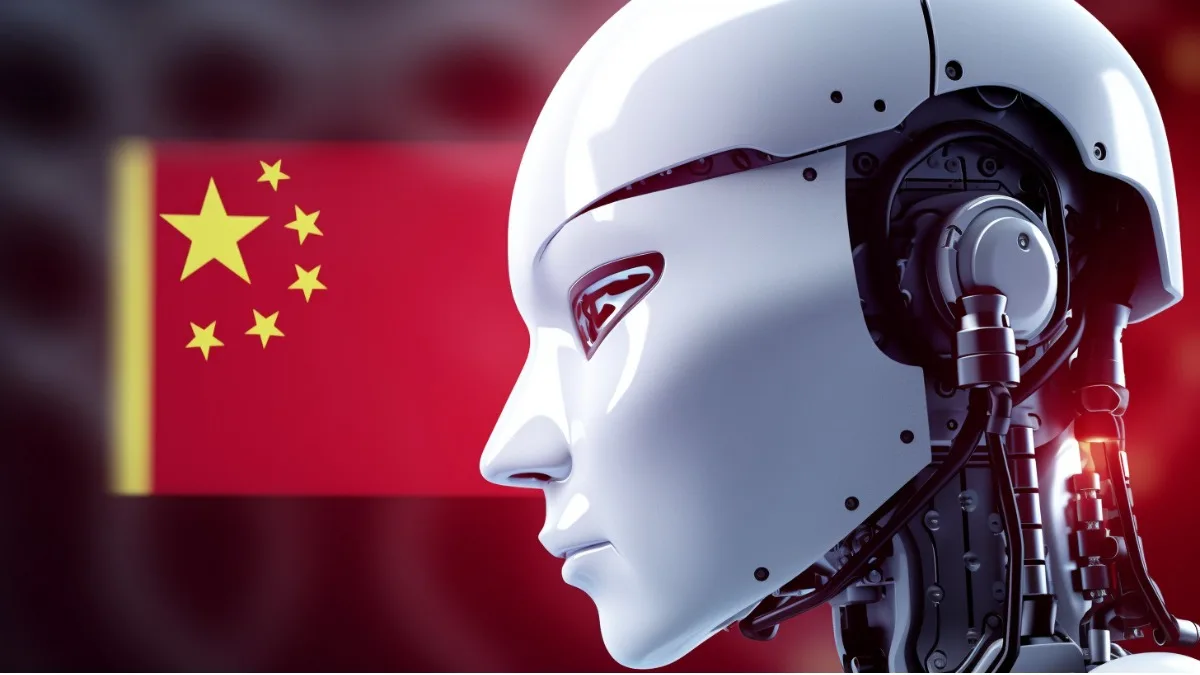The US raises alarm over China's use of AI for espionage, citing the Xiaolang Zhang case. Concerns grow as China integrates advanced technologies through its 'Military-Civil Fusion' strategy.

China's AI Espionage Raises Alarms in US Intelligence Agencies on High Alert
The United States is sounding the alarm over China’s potential application of artificial intelligence (AI) to bolster its espionage capabilities, raising serious concerns about national security. This warning comes in the wake of a notable incident involving Xiaolang Zhang, a former Apple employee arrested in 2018 at the San Jose, California, airport while en route to Beijing. Zhang faced charges of stealing trade secrets from Apple’s autonomous-driving program, emblematic of broader fears regarding China’s aggressive pursuit of AI technology for espionage purposes.
Also Read:OpenAI Seeks Trademarks for GPT-6 and GPT-7 in China for exploring AI market
The United States intelligence agencies are highlighting the risk posed by China’s use of AI to amass American personal data on an unprecedented scale. The scope of this technology extends beyond commercial and military applications, encompassing intelligence and surveillance. This poses a tangible threat to the security of intellectual property and personal data. The case of Xiaolang Zhang serves as a concrete example of China’s espionage activities and the potential risks they pose to the United States.
Also Read: 10 Games To Improve Your Data Science Skills in 2024
At the heart of these concerns is China’s ambitious ‘Military-Civil Fusion’ (MCF) strategy, a comprehensive approach that integrates various cutting-edge technologies. This strategy includes quantum computing, semiconductors, 5G, nuclear technology, aerospace technology, gene editing, and artificial intelligence. The ultimate goal is to propel the People’s Liberation Army (PLA) into unparalleled technological prowess. The United States views the MCF as a significant threat to its Indo-Pacific interests, with particular vulnerabilities identified in the sectors of artificial intelligence, nuclear energy, and gene editing.
The MCF strategy underscores China’s intent to bridge the gap between military and civilian technologies, raising apprehensions about the potential dual-use applications of advanced technologies like AI. The United States intelligence community is especially concerned about the expansive reach of Chinese intelligence operations, as highlighted by incidents such as Zhang’s attempt to abscond with Apple’s trade secrets.
Must Read:U.S. Restricts Export of Advanced AI Chips to China, Impacting Nvidia and Others
Implications for Indo-Pacific Interests:
Recognizing the gravity of the situation, the United States is closely monitoring China’s activities in key sectors. The Indo-Pacific region, in particular, is a focal point for United States interests, and the risks associated with China’s advancements in AI, nuclear energy, and gene editing are deemed particularly concerning. The United States government is actively assessing the potential impact on national security and economic competitiveness as China continues to leverage advanced technologies for military and intelligence purposes.
The U.S. remains vigilant as China accelerates its pursuit of AI for espionage, emphasising the need for robust cybersecurity measures and international cooperation to address the evolving challenges posed by technological advancements in the realm of national security.
Also Read: Generative AI in 2023: Best Tools and Products of the Year
This post was last modified on December 26, 2023 10:51 am
Google is launching The Android Show: I/O Edition, featuring Android ecosystem president Sameer Samat, to…
The top 11 generative AI companies in the world are listed below. These companies have…
Google has integrated Veo 2 video generation into the Gemini app for Advanced subscribers, enabling…
Perplexity's iOS app now makes its conversational AI voice assistant compatible with Apple devices, enabling…
Bhavish Aggarwal is in talks to raise $300 million for his AI company, Krutrim AI…
The Beijing Humanoid Robot Innovation Center won the Yizhuang Half-Marathon with the "Tiangong Ultra," a…